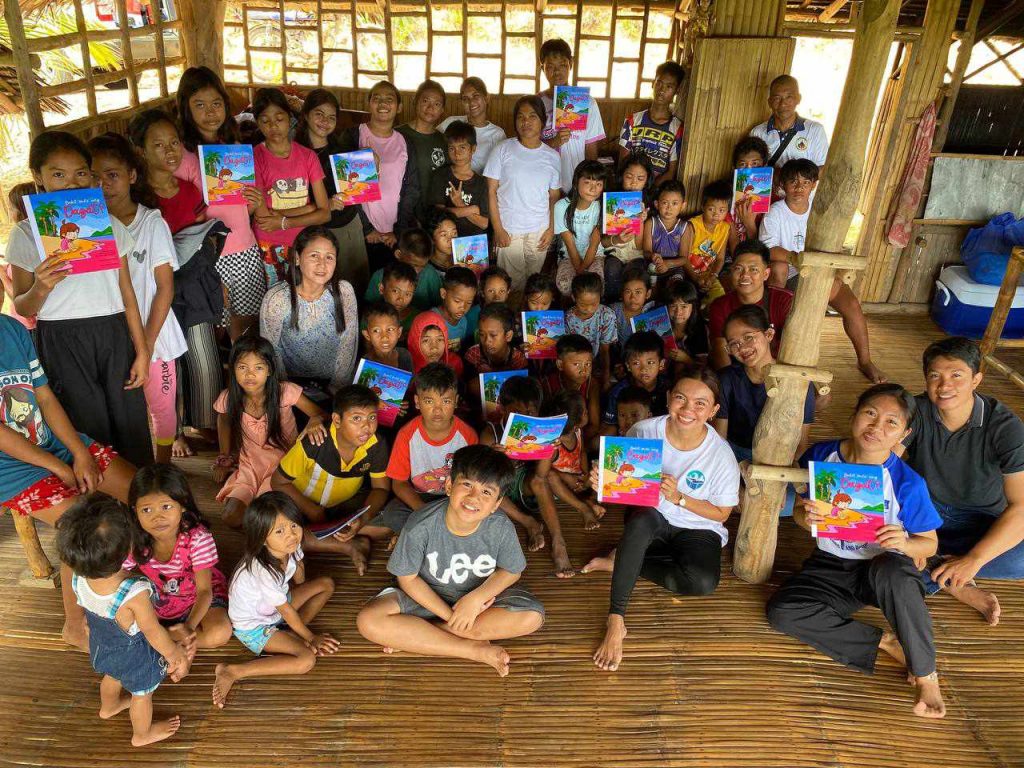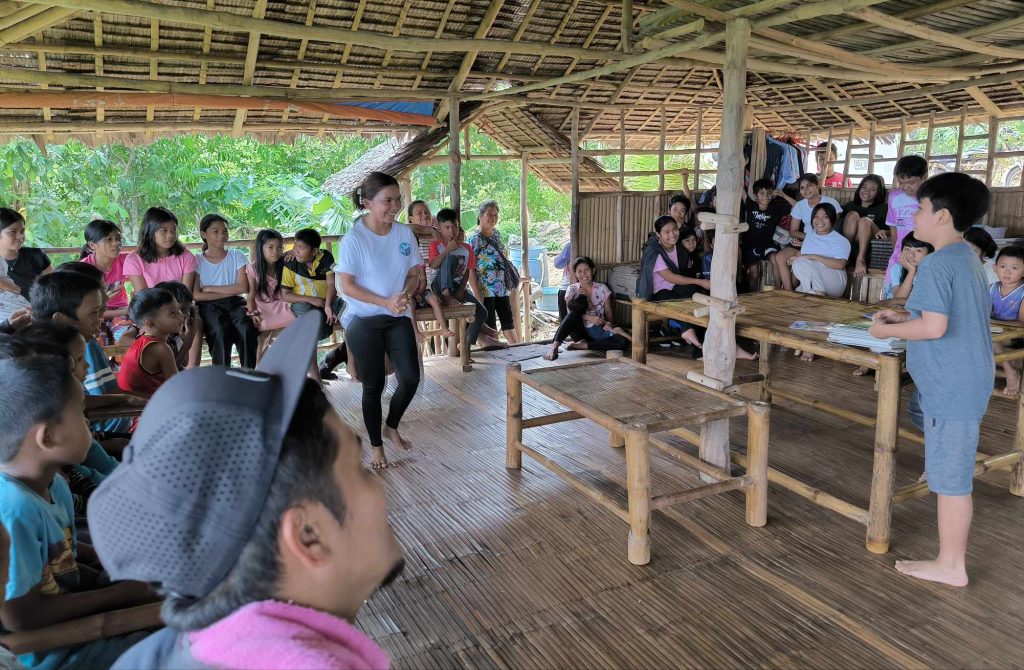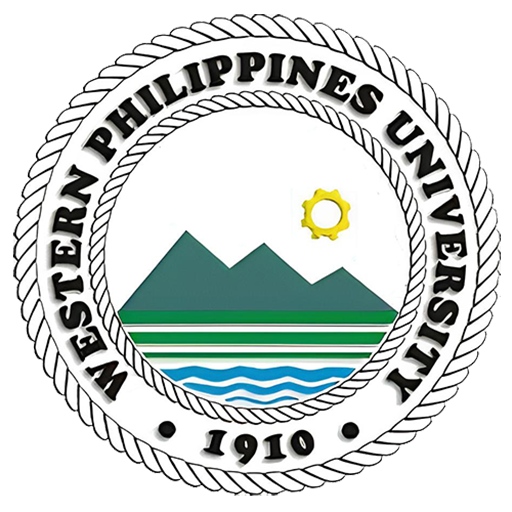TAYTAY, PALAWAN – The College of Fisheries and Natural Sciences (CFiNS) of Western Philippines University successfully conducted a community seminar-workshop on managing and preventing Harmful Algal Blooms (HABs) in Barangay Pancol on June 28, 2024, reaching 40 adult participants from the fishing community.
The event, held under the “Aquatic Biodiversity and Ecosystem Management” extension program of CFiNS, tackled the persistent threat of red tide in the Malampaya Protected Seascape and Landscape (MPSL) and in the province of Palawan in general– a recurring environmental challenge that directly impacts the livelihood and food security of local fisherfolk.
“HABs or red tide are not just environmental issues – they’re about people’s lives and livelihoods,” explained Dr. Jhonamie M. Omar, leader of WPU HABs Watch Team. “When toxic algae bloom in our waters, fisherfolk families suffer. That’s why community awareness and participation are crucial.”
The day-long workshop covered critical topics including HABs causes and threats, toxin transfer pathways, and the latest monitoring results from MPSL. Resource persons led engaging discussions and hands-on workshops where participants brainstormed practical solutions to prevent HABs recurrence.
The activity was made possible through collaboration with Barangay Pancol’s Local Government Unit, led by Punong Barangay Hon. Ernesto T. Martin Jr., who provided the venue and facilitated community participation.

Book for the Future Generation
In a heartwarming highlight of the community service, WPU distributed educational storybooks titled “Bakit pula ang Dagat?” (Why is the Sea Red?) to around 50 children of coastal community of Sitio Batas, Barangay Poblacion in Taytay. This colorfully illustrated book explains HABs in simple, child-friendly language (Tagalog), helping the next generation understand and protect their families as well as the marine environment.

“When we educate the children, we invest in the future of our seas,” noted by Dr. Omar. “These kids grow up by the ocean – they need to understand both its beauty and its challenges.”
The HABs Watch Project, funded by the Commission on Higher Education (CHED) and led by UPMSI, continues its regular monitoring of phytoplankton communities in HABs-prone areas across Palawan, ensuring that coastal communities stay informed and protected.
For fishing communities living adjacent to MPSL, this initiative represents more than just information sharing – it’s about survival, sustainability, and safeguarding their way of life for generations to come.

[This article is in line with the SDGs 3, 11, 13, 14,& 17]
Contributed by: Jhonamie M. Omar, PhD.


